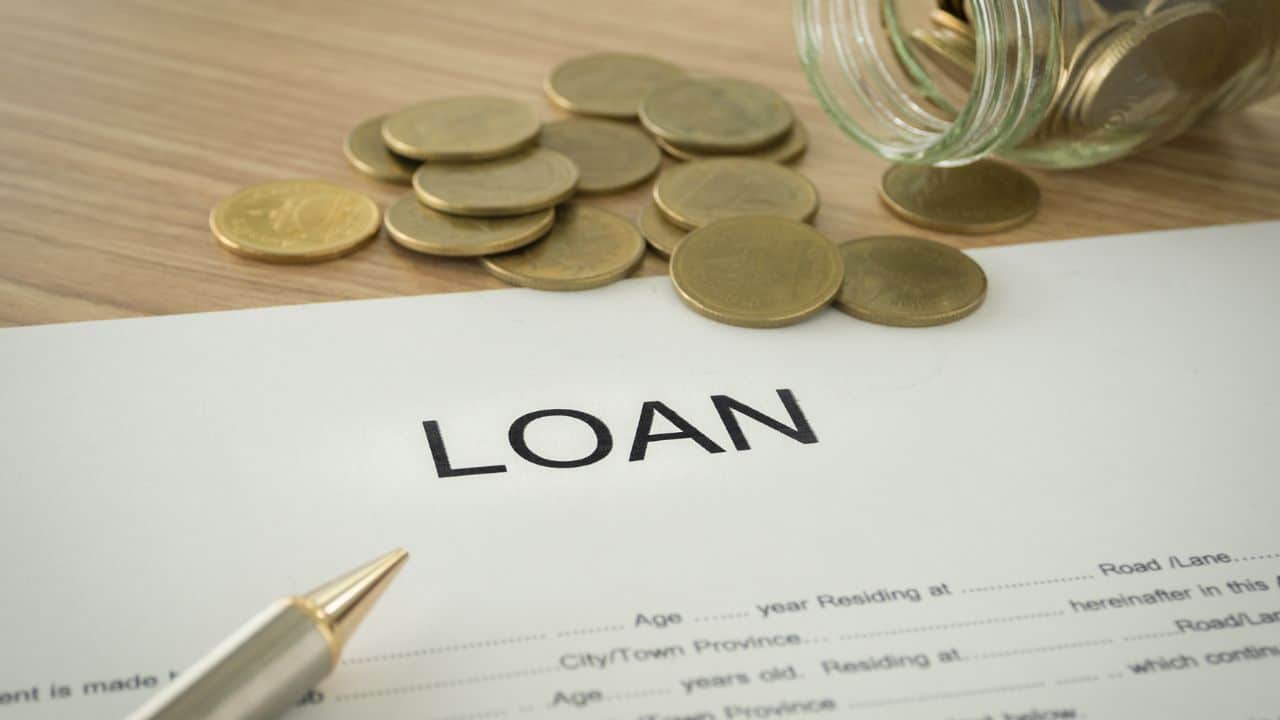A signature loan is a type of personal loan that requires only your signature as collateral. This means that signature loans are typically unsecured, which makes them a higher risk for lenders and often results in higher interest rates. Signature loans are best used for short-term financial needs, such as emergency expenses or consolidating high-interest debt. Before taking out a signature loan, it’s important to understand the terms and conditions, as well as the risks and benefits. Here’s a signature loan guide with everything you need to know in 2022.
What is a signature loan and how does it work
Signature loans are a type of unsecured personal loan. This means that the loan doesn’t require any collateral, such as a car or home, to secure the loan. Signature loans are available from banks, credit unions, and online lenders. The terms of signature loans vary, but they usually shorter repayment terms than other types of loans, such as mortgages and auto loans. Signature loans also tend to have higher interest rates than secured loans.
Signature loans can be used for a variety of purposes, including consolidating debt, paying for unexpected expenses, or funding a major purchase. Signature loans typically range from $1,000 to $100,000. The exact amount you’re able to borrow will depend on factors such as your income, credit history, and debts.
The key features of a signature loan
The first key feature of a signature loan is that they are unsecured. This means that you do not have to put up any collateral, such as your car or house, to take out the loan. The second key feature of a signature loan is that they are often used for debt consolidation. This means that you can use the loan to pay off multiple debts, such as credit cards or medical bills. The third key feature of a signature loan is that they can be used for home repairs. This means that if you need to make repairs to your home, you can use a signature loan to pay for them.
Also check The PaydayNow Payday Loans
Things to watch out for when taking out a signature loan
Signature loans can be a great way to get the money you need quickly, but there are a few things to watch out for before you sign on the dotted line. First and foremost, make sure you understand the terms of the loan. What is the interest rate? When is the loan due? What are the consequences for late or missed payments? It’s also important to consider the fees associated with signature loans. Some lenders charge origination fees, processing fees, or early repayment penalties.
Be sure to factor these costs into your budget before taking out a loan. Finally, make sure you have a plan in place for repaying the loan. Signature loans typically have shorter repayment terms than traditional loans, so it’s important to have a budget and timeline in place before taking out a loan. By understanding the risks and rewards of signature loans, you can make an informed decision about whether or not this type of loan is right for you.
How to repay your signature loan
If you’ve taken out a signature loan, you’re probably wondering how you can repay it. Here is a guide to repaying your signature loan by BridgePayday:
First, it’s important to make your payments on time. This will help you avoid late fees and keep your loan in good standing. If you can’t make a payment on time, be sure to contact your lender as soon as possible to explain the situation and arrange for a payment plan.
Next, try to pay more than the minimum amount due each month. This will help you pay off your loan faster and save money on interest. If you can’t afford to do this, just be sure to make your minimum payments on time each month.
Finally, remember that you can prepay your signature loan at any time without penalty. So if you come into some extra money, consider using it to pay down your loan balance. This will save you money in the long run and help you get out of debt faster.
Following these tips will help you repay your signature loan quickly and easily. Just be sure to stay on top of your payments and you’ll be in good shape.

